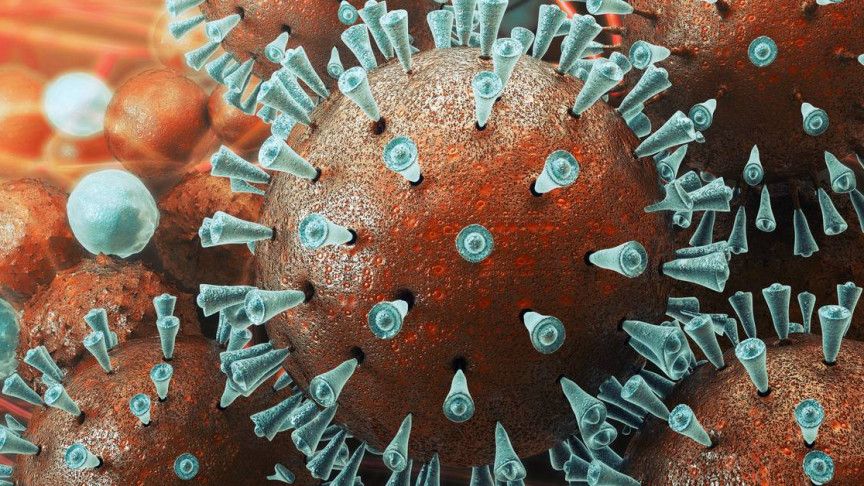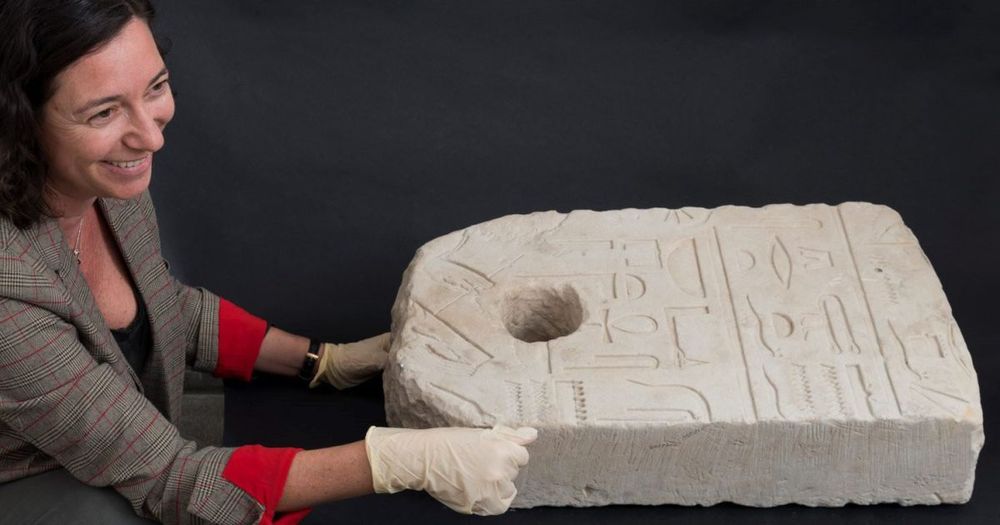In a trial, the scientists were capable of using electrical jolts from microelectronic controllers to make jellyfish swim not only faster but also more efficiently, according to a paper published in Science Advances today.
“We’ve shown that they’re capable of moving much faster than they normally do, without an undue cost on their metabolism,” said co-author and Stanford bioengineering PhD candidate Nicole Xu, in a statement.
“This reveals that jellyfish possess an untapped ability for faster, more efficient swimming,” Xu added. “They just don’t usually have a reason to do so.”






